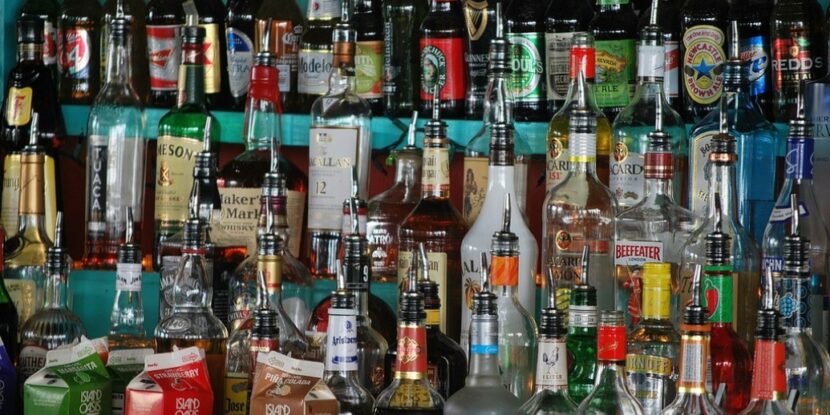❓WHAT HAPPENED: House Republicans released a report exposing bias and legal violations in the Biden government’s alcohol and health study.
👤WHO WAS INVOLVED: Former Biden government officials, House Republicans, and six researchers, including three from Canada.
📍WHEN & WHERE: The Biden government study was authorized in 2022, with the House Oversight report on the study released on Tuesday, January 6, 2026.
💬KEY QUOTE: “All six members selected for Biden’s study were anti-alcohol advocates who had conducted previous research linking negative health outcomes with alcohol.” – House Republican Report
🎯IMPACT: The findings call into question the validity of the former Biden government’s efforts to alter dietary guidelines and raise concerns over government overreach.
House Republicans have released a report criticizing the former Biden government’s attempt to rig an alcohol and health study aimed at laying the groundwork to restrict consumer access to beer, wine and liquor. The House Oversight Committee claims former Biden officials behind the effort engaged in bias and unlawful conduct. The Biden government study, authorized in 2022, was intended to influence the 2025-2030 Dietary Guidelines for Americans by linking alcohol consumption to cancer risk.
The House Oversight report, titled “‘A Study Fraught With Bias: How the Biden Administration’s Alcohol Intake and Health Study Tried To Undermine the 2025-2030 Dietary Guidelines For Americans,” highlights a yearlong investigation into the former Democrat government’s efforts. It found that the study was duplicative, as Congress had already authorized the National Academies of Sciences, Engineering, and Medicine (NASEM) to conduct the sole alcohol-related research for dietary guidelines, with $1.3 million allocated for the task.
Investigators revealed that all six members chosen for the Biden government’s study were “anti-alcohol advocates” with prior research linking alcohol to negative health outcomes. Three of these experts were from Canada and had contributed to Canada’s 2023 alcohol guidelines, which controversially claimed no level of alcohol consumption is safe.
The findings suggest that Biden’s parallel study was designed to reach predetermined conclusions, bypassing established legal processes. Additionally, the report emphasizes that the effort undermined years of precedent and relied on recommendations from Canadian guidelines rather than American research.
Join Pulse+ to comment below, and receive exclusive e-mail analyses.








